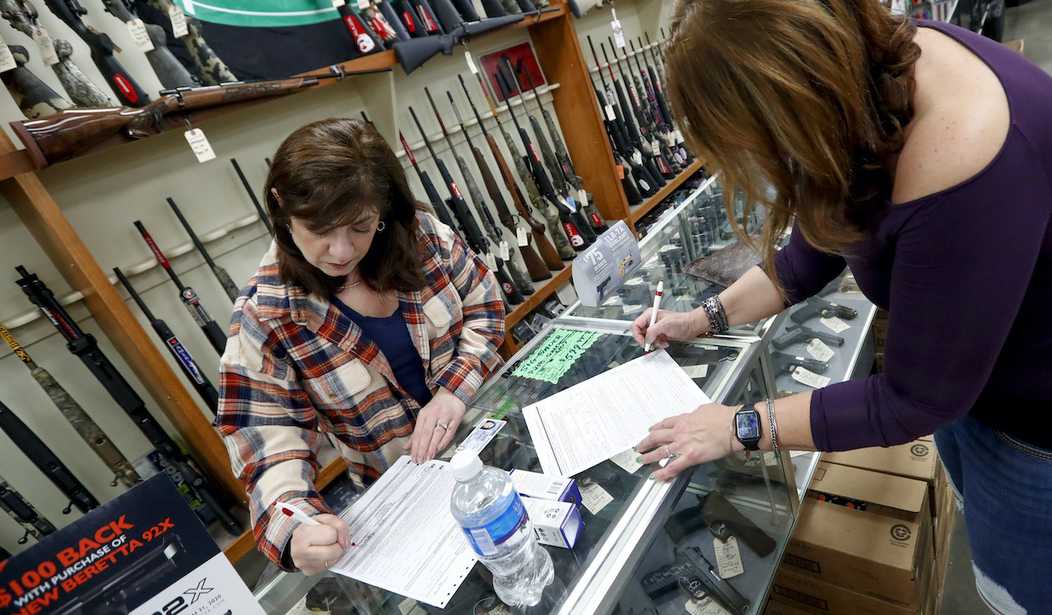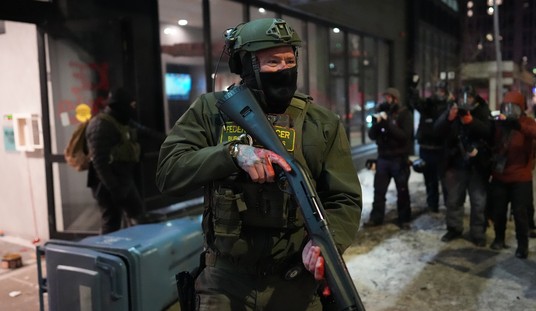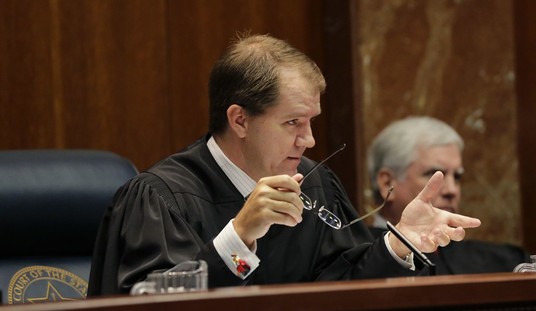In a lot of states, you can present your concealed carry permit as a means to bypass a NICS check. The permit shows you've already passed one, after all, and you don't have to go through it again.
Yet many anti-gun states have a problem with the permitting requirements for some of those states, like my home state of Georgia. They oppose national reciprocity because they think the issuing standards here aren't sufficiently stringent enough.
But the National Rifle Association's Institute for Legislative Action noticed something kind of interesting recently.
Yet, as NRA-ILA pointed out in its memorandum to Attorney General Pam Bondi on implementing President Trump’s Executive Order Protecting Second Amendment Rights, ATF had not been complying with the letter or spirit of the NICS Exemption provision:
Almost every state issues concealed carry permits that could potentially qualify for this exemption. Yet ATF’s determinations about which permits do or do not qualify are inconsistent, opaque, and often rely on criteria not explicitly mentioned in the statutory language. This defeats the congressional intent of the license exception. ATF should be required to publish its criteria and to use only the statutory language to guide its decisions. It should also conduct a review of all state concealed carry or other firearm-related licenses or permits to determine if they meet the statutory language.
With its update, ATF appears to have taken NRA-ILA’s feedback seriously. In addition to reviewing the prior list, ATF published an open letter explaining its process for determining which permits qualify. According to that letter:
the laws of the state must provide that the authority issuing the permit is required to check available information, including conducting a NICS background check, and that the issuing authority may not issue a permit to anyone when the available information indicates the applicant is prohibited from possessing firearms under federal, state, or local law.
It also clarified that permits valid for a period of greater than five years can still qualify, so long as no more than five years have expired since the date the permit was issued or renewed. ATF’s latest chart helpfully includes notes on what it considers the deficiencies in the states that do not qualify.
In total, 28 states and Puerto Rico issue qualifying credentials; in almost every case these are concealed carry licenses. By ATF’s standards, this means that the states are running NICS checks before issuance or renewal and that they do not issue permits to individuals prohibited by law.
Ironically, almost all of America’s most stridently anti-gun states and territories do not meet these relatively modest standards, including California, District of Columbia, Illinois, Maryland, Massachusetts, New Jersey, and New York. Yet it is these states that typically protest the loudest about other states’ permitting practices.
Now, some of these states don't allow NICS exemptions at all, which ILA argues suggests a lack of trust in their own permitting practices, and others will issue carry permits to some who are prohibited under federal law, which just seems hilarious to me.
I was curious if maybe some of the issue is that states conduct their own background check, bypassing NICS, and that's where the issue lies, but California uses NICS for background checks, and they're one of the states that don't meet the threshold.
Fascinating.
I mean, I get that statutes might prohibit bypassing NICS, but that's not actually part of the criteria the ATF uses when compiling this list. Even if the states refuse to accept it, if their standards are there, they still get included in the list, and these states don't.
That's even more hilarious to me.
For all the fearmongering over our standards, they can't even meet the basic level for NICS exemptions, even if they don't want to allow them. Especially if they're issuing permits to people who are prohibited by federal law.
That's just brilliant.
It's hard not to look at their arguments against national reciprocity as little more than projection. They don't do a good job on their end, so they just assume everyone else is doing a terrible job, too. They just like the kind of terrible job they do and don't trust everyone else to be the same kind of bad at their jobs.
It's beyond stupid, but considering who we're talking about here, is anyone actually surprised?








Join the conversation as a VIP Member